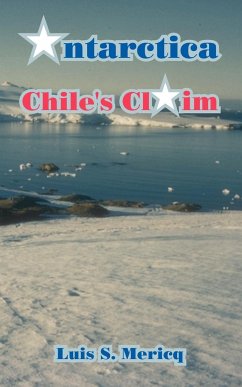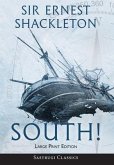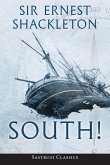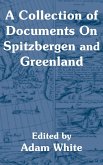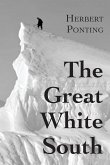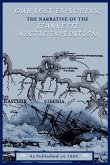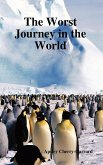Antarctica commonly viewed as a barren, inaccessible, frozen land, but, in fact--as this study shows--the southernmost continent is a productive laboratory for scientific research, one rich in natural resources like oil, natural gas, and high-grade gold ore, and one of the few places on the globe where nations of conflicting ideologies and different levels of development are working in harmony and sharing scientific knowledge. In Antarctica: Chile's Claim, Brigadier Luis S. Mericq, Army of Chile, a former National Defense University International Fellow, recounts the relatively short history of Antarctic explorations and discoveries, and describes the diverse physical characteristics of the region. He analyzes the pressures--environmental and political--that threaten the future development of Antarctica. This groundwork leads to a critical examination of the remarkably successful Antarctic Treaty of 1959, an agreement which has promoted the peaceful sharing of scientific research and the resolution of political issues. The author concludes by making a case for the Antarctic claims of Chile, which, by reasons of geography and history, has a long and abiding interest in the continent. The Antarctic Treaty is due for review and possible revision in 1991. The United States and other signatory nations preparing for this event need to know more about this still largely unexplored land, and to understand better one another's perspectives on Antarctic issues. This study is a step toward responding to those needs. Bradley C. Hosmer Lieutenant General, US Air Force President, National Defense University
Hinweis: Dieser Artikel kann nur an eine deutsche Lieferadresse ausgeliefert werden.
Hinweis: Dieser Artikel kann nur an eine deutsche Lieferadresse ausgeliefert werden.

